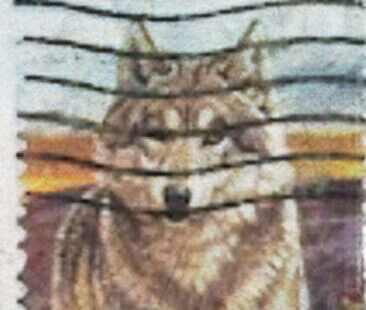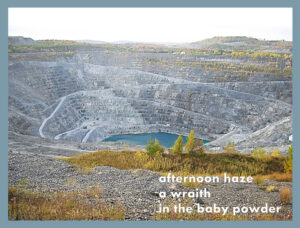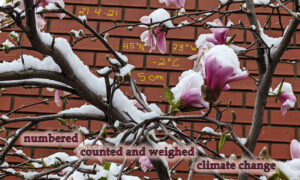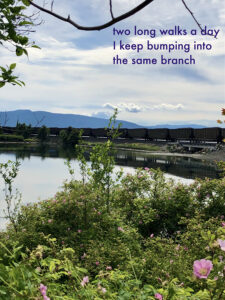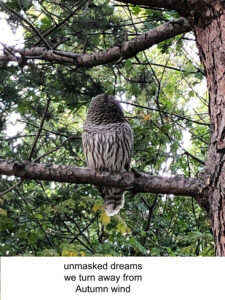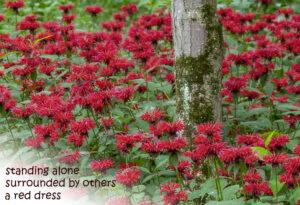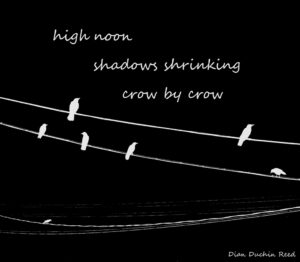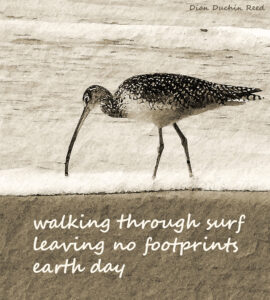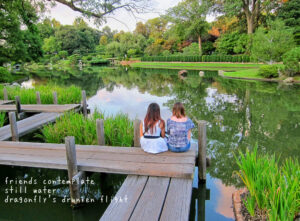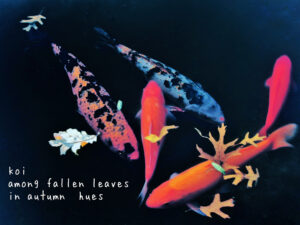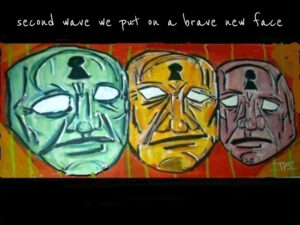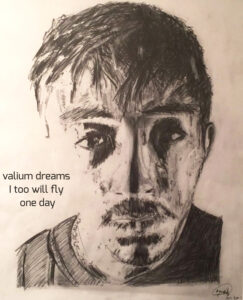Haiga Gallery 17.2
Selected by Ron C. Moss, Haiga Editor
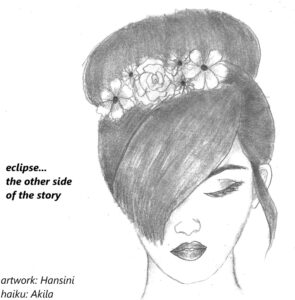
G. Akila has presented her poetry at literature festival readings and TEDx, and her poems have found a home in reputed online and print anthologies.This is the first time she has collaborated with her daughter, 11-year-old Hansini A. Kartik, two of whose acrylic works were selected for an online art exhibition conducted by Manikarnika Art Gallery, India.
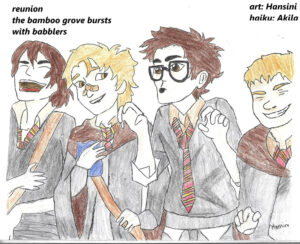
G. Akila has presented her poetry at literature festival readings and TEDx, and her poems have found a home in reputed online and print anthologies.This is the first time she has collaborated with her daughter, 11-year-old Hansini A. Kartik, two of whose acrylic works were selected for an online art exhibition conducted by Manikarnika Art Gallery, India.
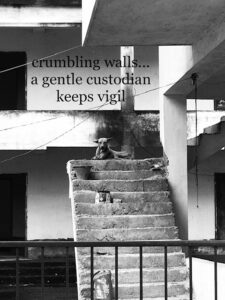
Baisali Chatterjee Dutt is a domesticated nomad who writes, edits, dabbles in theatre, and teaches. Her poetry has been published in various anthologies and magazines. Her latest novella in verse, Three is a Lonely Number, is available on Amazon Kindle. She also eats chocolate by the bucketful, gazes at clouds, and tries to mother two teen boys.
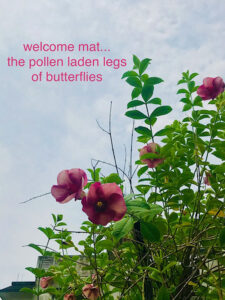
Baisali Chatterjee Dutt is a domesticated nomad who writes, edits, dabbles in theatre, and teaches. Her poetry has been published in various anthologies and magazines. Her latest novella in verse, Three is a Lonely Number, is available on Amazon Kindle. She also eats chocolate by the bucketful, gazes at clouds, and tries to mother two teen boys.
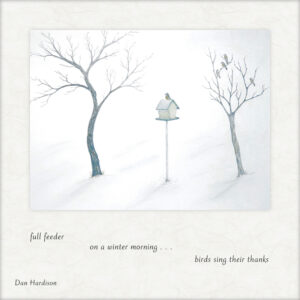
A native of Tennessee, Dan Hardison now lives in coastal North Carolina. While he has worked with art and photography for 40 years, his journey writing short-form poetry began in 2009. "While most of my haiga has incorporated photographs," he says, "I am now concentrating on my artwork, which is inspired by Japanese woodblocks and ink painting (sumi-e).
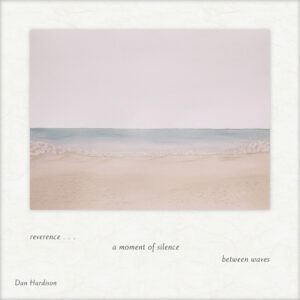
A native of Tennessee, Dan Hardison now lives in coastal North Carolina. While he has worked with art and photography for 40 years, his journey writing short-form poetry began in 2009. "While most of my haiga has incorporated photographs," he says, "I am now concentrating on my artwork, which is inspired by Japanese woodblocks and ink painting (sumi-e).
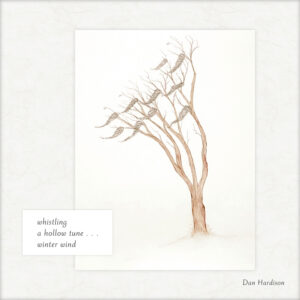
A native of Tennessee, Dan Hardison now lives in coastal North Carolina. While he has worked with art and photography for 40 years, his journey writing short-form poetry began in 2009. "While most of my haiga has incorporated photographs," he says, "I am now concentrating on my artwork, which is inspired by Japanese woodblocks and ink painting (sumi-e).
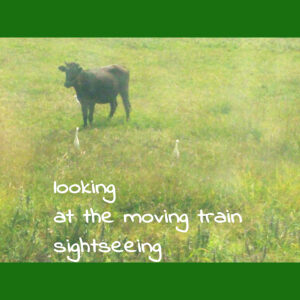
Lakshmi Iyer stays in “God's own country,” Kerala, India. Her accepted submissions can be read on the websites of The Haiku Foundation, Haiku at Bristol Museum, and Golden Triangle. Her poems have also appeared in the Anthology of Indian Haiku in English Language, Under the Basho 2020, Tanka Origins, The Bamboo Hut, The Cicada's Cry, Drifting-Sands-Haibun, and Cold Moon Journal, among others.
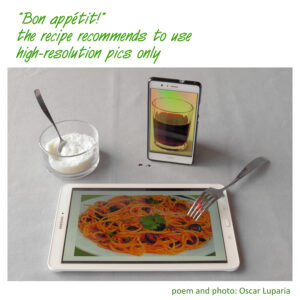
Oscar Luparia is an Italian trade unionist whose main passions are haiku, mountains, and photography. Some of his poems have been published in international journals and websites, including The Mainichi, Failed Haiku, Le Lumachine, and Wales Haiku Journal, and his haiku eBooks are available at issuu.com/oscarluparia.
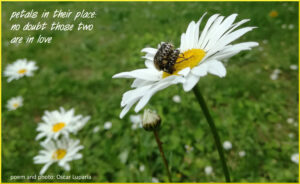
Oscar Luparia is an Italian trade unionist whose main passions are haiku, mountains, and photography. Some of his poems have been published in international journals and websites, including The Mainichi, Failed Haiku, Le Lumachine, and Wales Haiku Journal, and his haiku eBooks are available at issuu.com/oscarluparia.
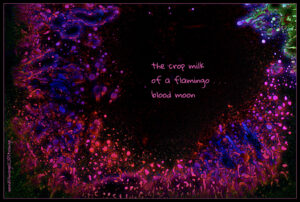
Debbie Strange is an internationally published short-form poet, haiga artist, and photographer whose creative passions connect her more closely to the world and to herself. She is honored to be the recipient of the 2020 Snapshot Press Book Award. Please visit her publication archive at debbiemstrange.blogspot.com.
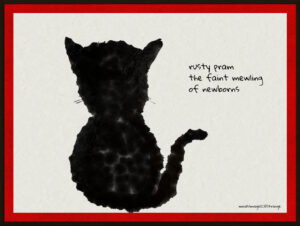
Debbie Strange is an internationally published short-form poet, haiga artist, and photographer whose creative passions connect her more closely to the world and to herself. She is honored to be the recipient of the 2020 Snapshot Press Book Award. Please visit her publication archive at debbiemstrange.blogspot.com.
About the Artists
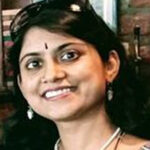
G. Akila stumbled upon haiku at a workshop; since then, she has found the form knitting memories and often turning cathartic. She has presented her poetry at literature festival readings and TEDx, and her poems have found a home in reputed online and print anthologies.
This is the first time she has collaborated with her daughter, Hansini A Kartik.
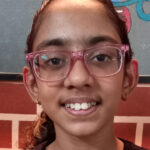
11-year-old Hansini A Kartik finds herself liberated while engaging in art. Two of her acrylic works were selected for an online art exhibition conducted by Manikarnika Art Gallery, India, held during the first week of June 2021.
This is her debut publication in collaboration with her mother, G. Akila.
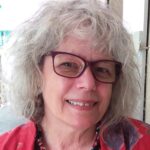
Montrealer Maxianne Berger co-edited Cirrus: tankas de nos jours for six years with Mike Montreuil.
She writes book reviews for Tanka Canada’s Gusts and coordinates reviews for Haiku Canada Review.
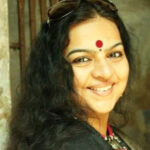
Baisali Chatterjee Dutt is a domesticated nomad who writes, edits, dabbles in theatre, and teaches. Her poetry has been published in various anthologies and magazines, print as well as online. Her latest novella in verse, Three is a Lonely Number, is available on Amazon Kindle.
She also eats chocolate by the bucketful, gazes at clouds, and tries to mother two teen boys.
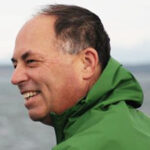
John S Green, author of Whimsy Park: Children’s Poems for the Whole Family, is widely published in all styles of poetry—but especially haiku.
John lived in Europe before moving to the United States at age thirteen. His daughter cooks with spice, and his wife still laughs at his jokes.
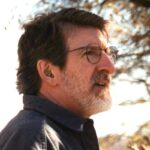
A native of Tennessee, Dan Hardison now lives in coastal North Carolina. While he has worked with art and photography for 40 years, his journey writing short-form poetry began in 2009. As a visual artist, he developed an immediate interest in haiga for its ability to combine images with words.
His work can be found at his website, Windscape Studio, and his blog, Some Tomorrow’s Morning.
From the Artist: Typically, I write the poems first and then illustrate them later. I find myself jotting down notes and poems on my cell phone, and then the words become the guide for the image. While most of my haiga has incorporated photographs, I am now concentrating on my artwork, which is inspired by Japanese woodblocks and ink painting (sumi-e).
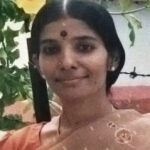
Lakshmi Iyer stays in “God’s own country,” Kerala, India. Her accepted submissions can be read on the websites of The Haiku Foundation, Haiku at Bristol Museum, and Golden Triangle. Her poems have also appeared in the Anthology of Indian Haiku in English Language, Under the Basho 2020, Tanka Origins, The Bamboo Hut, The Cicada’s Cry, Drifting-Sands-Haibun, Cold Moon Journal, Poetry Pea Journal of Haiku and Senryu, Blo͞o Outlier Journal 2020, the First Yugen International Haiku Contest 2021 (Romania), and the 24th Mainichi Haiku Contest.
She was a participant in the ‘Triveni Gurukulam Mentorship” program conducted by Kala Ramesh.
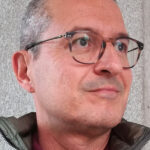
Oscar Luparia is an Italian trade unionist whose main passions are haiku, mountains, and photography. Some of his poems have been published in international journals and websites, including The Mainichi, Failed Haiku, Le Lumachine, Wales Haiku Journal, Les Fleurs ne dorment jamais, DailyHaiga, Incense Dreams, and Chrysanthemum.
His haiku eBooks are available at issuu.com/oscarluparia.
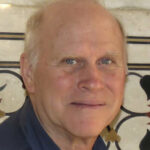
Jeff Nelson is retired and lives in northeastern Ohio with his wife. He likes adventure travel, hiking, and generally spending time outdoors, enjoying the world.
As an amateur photographer, he has gained from haiga a new perspective from which to view his pictures.
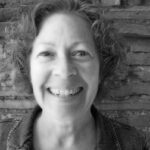
Dian Duchin Reed is an award-winning writer whose poems, articles, essays, and photographs have appeared in many publications. Her books include Medusa Discovers Styling Gel (poetry) and Dao De Jing: Laozi’s Ancient Wisdom (translated from the Chinese).
Learn more at dianduchinreed.com
From the Artist: Creating haiga has changed the way I take photos. There’s always space to place a haiku, although the layout differs from picture to picture. I suppose it’s also changed the way I look at the world, paying more attention to whatever evokes an emotional response, staying with it a little longer, listening for what it wants to tell me.
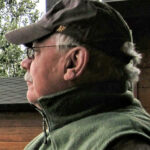
Christopher Seep is a retired medical professional, husband, and grandfather. For as long as he can remember, he has cast words on fallow fields hoping for rain and sun. The harvest varies but the anticipation remains constant.
From the Artist: Creating haiga allows me to combine three passions of mine, photography, poetry, and Japanese aesthetics.

Madhu Singh’s poetry is inspired by nature and the experiences gained by traveling. She is experienced in the IT sector and in her free time dabbles in free verse and Oriental poetry.
She resides in New Delhi, India.
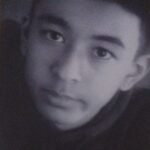
Arjun Negi (September 1999 – July 2017) was a high school senior who aspired to go to art college.
He was a resident of Calgary, Alberta, Canada.
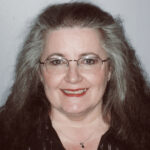
Debbie Strange is an internationally published short-form poet, haiga artist, and photographer whose creative passions connect her more closely to the world and to herself. She is honored to be the recipient of the 2020 Snapshot Press Book Award.
Please visit her publication archive at debbiemstrange.blogspot.com.
From the Artist: My daily practice of creating art in a variety of media helps to distract me from chronic illness. I enjoy the meditative aspect of making haiga, and the challenge of pairing words with images in innovative ways.
